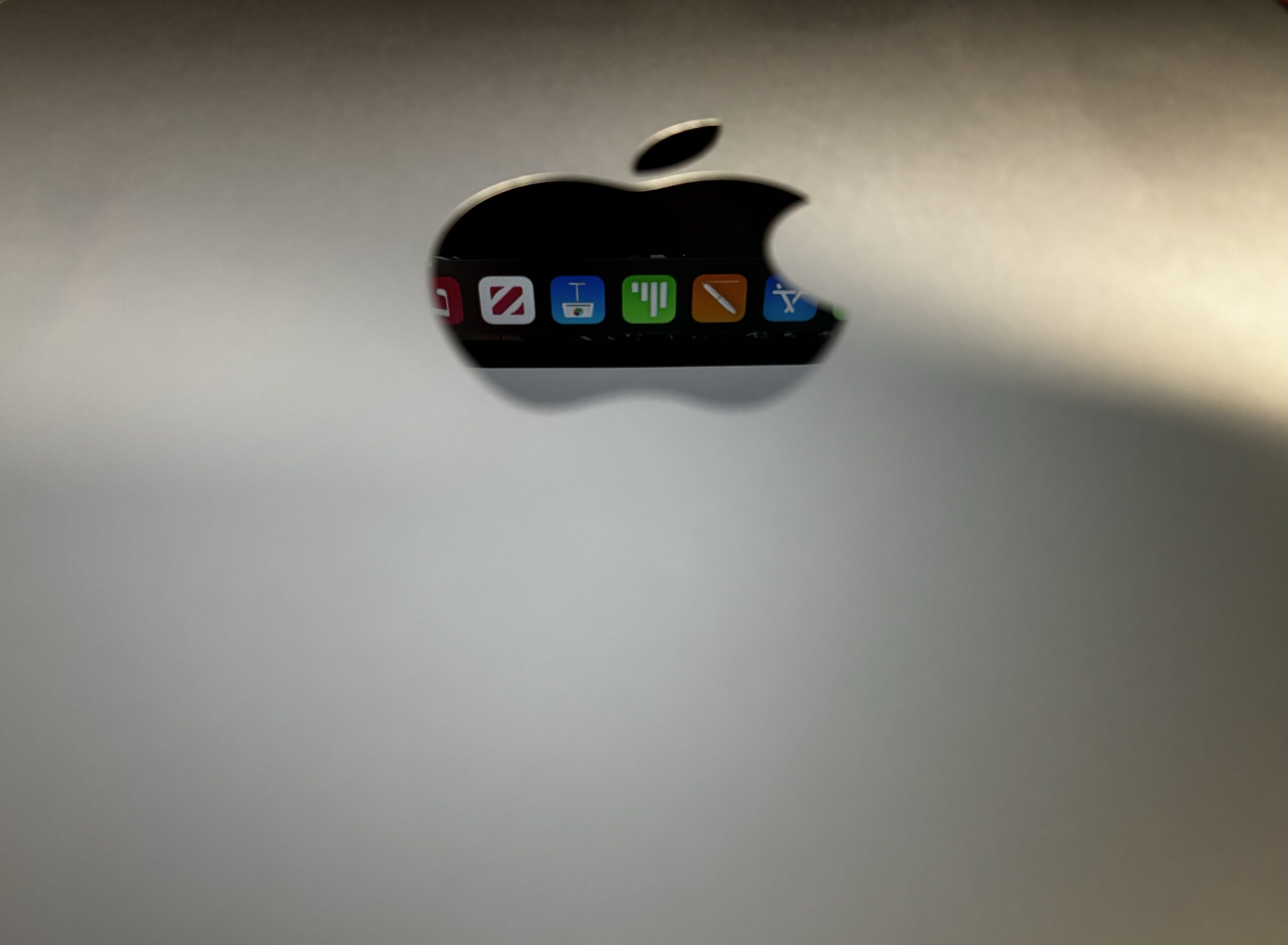The United States International Trade Commission forced Apple to remove two of its newest Apple Watch models after a medical technology company claimed that Apple unlawfully used their technology.
The plaintiff, Masimo, argued that Apple Watch’s blood oxygen sensor, which is used to monitor oxygen saturation in blood, was technology stolen from their company.
The commission ruled that Apple Watches going back to 2020 used Masimo’s patented technology, but Apple denies these allegations. In late January, Apple began selling these Apple Watch models without the blood oxygen technology as it continues to wait on the outcome of its appeal.
According to U.S. patent law, those who are granted patents have the right to deny others the use of their invention. This can be resolved through an agreement between two parties, but often is not.
A common motivation for the withholding of patented technology is financial gain, which is not necessarily bad because people should be able to profit from their work.
Problems have arisen when the patenting of new technology leads to monopolization. The lack of competition that this brings can secure great financial benefits for the patent holder since others will not be able to use the technology. Monopolization such as this can result in complete domination of a given invention’s market.
American patents, according to the U.S. Patent and Trademark Office, have a 20-year expiration date and have operated under a similar regiment since the country’s founding period, when patents couldn’t exceed 14 years.
While much innovation has resulted from these laws, the argument can be made that progress has also been slowed or halted because of this legislation.
In the case of Apple’s recent dispute, the patent process prevented the Apple Watch from including a useful feature, but it is easy for the consequences of withholding new technology and innovation to be much more dire.
The U.S. should look to adopt a universal compulsory licensing patent system that increases access to new and innovative technologies. A universal compulsory licensing system would see the abolition of exclusive patent rights. Instead, once a patent is granted, anyone would have access to the technology.
This would entail a royalty on all revenue made from any patented technology for the same 20-year period that patents operate under today. After the 20 years is up, the patent would expire, and the revenue sharing would disappear.
This system would foster more innovation in the U.S. Those on the cutting edge of technological advancement would be forced to constantly improve their original product to compete with others who have the same access to the technology.
This would benefit the American consumer as they would not only have a greater selection of products to choose from, but they could rest assured that newer and better versions of these products would hit the shelves at an accelerated pace and reduced price.
In a nation that frequently deals with the problem of monopolization, it is evident that the time has come to open our patent system and expand access to the technologies that will fuel our future.




